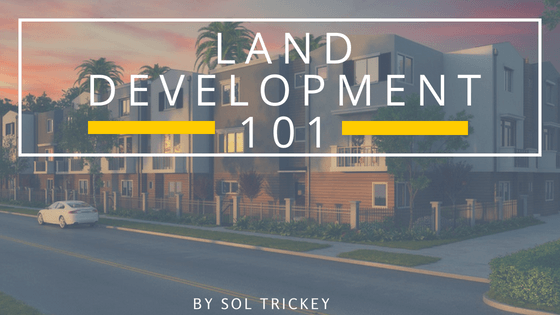For those new to the business, property development can be a relatively tricky subject to navigate. According to the Cambridge Dictionary, the definition of a property developer is “a person whose job involves buying and selling buildings and land, and arranging for new buildings to be built.”
What they don’t mention, however, is that there are several different types of property development, and each one is exceedingly different than the next. The two most common types of property development are residential and commercial.
Residential:
Residential property development pertains specifically to land intended for live-in domiciles, otherwise known as residential properties. These developers often work with construction companies that specialize in building functional places for people to live, but this does not limit their creativity.
Sprawling neighborhoods with large lots and single-family homes, skyscrapers with floor after floor of apartment space, and city blocks lined with carefully-crafted row homes are all examples of residential property development.
Commercial:
Commercial property development is similar to residential property development in that the developers goal is to convert land (or current properties) to functional space. The difference, however, is that commercial development pertains specifically to businesses.
Commercial property developers are often responsible for creating business spaces like offices, shopping centers, and strip malls. Some commercial developers may choose to deal with the revitalization of existing properties as well. If an entire business district near you has recently experienced a facelift, this is likely the result of a commercial property developer.
Which is better?
New entrepreneurs often ask which type of property development they should choose. Is one better than the other? The short answer is no. The better answer is that a property developer is not required to choose between these or any other types of property development. In fact, it is common for many developers to deal in both residential and commercial properties.
Some developers choose to keep their residential interests separate from their commercial interests by limiting the crossover between the two. Others choose to combine them. It is this collaboration between residential and commercial property development that often results in the most practical, and often lucrative, spaces. Think apartment complex with first-floor storefronts.
It is important for entrepreneurs to understand the differences between various types of property development, especially when starting out. Distinguishing between types will help guide you in determining applicable zoning ordinances and creating realistic development timelines.
Sol Trickey is a Vancouver based property developer specializing in residential, parcel properties, mixed use, industrial, commercial, and housing.
